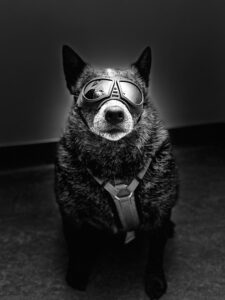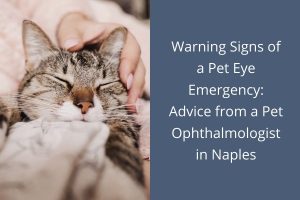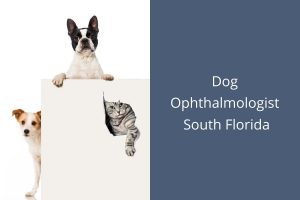Feline conjunctivitis is an inflammation of the pink tissue surrounding the eyes of cats. Signs of feline conjunctivitis include redness, swelling, tearing , and squinting of the eyes. https://www.dvm360.com/view/feline-conjunctivitis-a-cat-is-not-a-small-dog-
Though feline conjunctivitis can accompany other eye diseases, conjunctivitis in cats is often caused by an infectious agent. These agents include bacteria and virus: Mycoplasma, Chlamydia, Bordetella, Feline Herpes Virus, and Caliciviris. In addition to conjunctivitis, these agents can cause upper respiratory signs (coughing, sneezing, nasal discharge).
Herpes virus infection can cause conjunctival inflammation and edema and corneal inflammation. Feline herpes virus is an exceptionally common viral infection of cats with nearly all cats having evidence of exposure to the virus.
Herpes can also cause corneal ulcers as well as ulcers of the mouth, nasal tissue, and skin. Herpes ulceration can sometimes lead to sequestrum formation (a focal area of dead corneal tissue that takes on a brown color).
Feline Herpes virus does not affect people or other species of animals (just cats). It is transmitted via aerosol (respiratory route). Herpes virus infection can not be cured, but can be put into remission (carrier state). Cats in a carrier state can still shed the virus intermittently, however. Our goals with acute herpes virus infections are to put the virus into remission, prevent secondary bacterial infections, and minimize discomfort.
Calicivirus can cause conjunctivitis in cats, but the disease is most often self-limiting.
Chlamydia is a bacteria that can cause conjunctivitis in cats and other animal species including people, so be aware and wash your hands after handling the pet. The disease is treated with antibiotics.
Mycoplasma is also an infectious bacteria-like agent that has been found in cats with conjunctivitis. This disease is treated with antibiotics. The organism has a low potential to infect other species, so best to be safe and wash your hands after handling an infected pet.
Bordetella can infect dogs and cats. Coughing, sneezing, and conjunctivitis are frequent symptoms of the disease.
A swab of the conjunctiva can be sent in to a lab for DNA testing (PCR) for the infectious agents. Sometimes false negatives can occur, however, if not enough DNA is obtainable on the sample.
In addition to infectious diseases, conjunctivitis may be inflammatory (immune response) or allergic (environment, food etc). These types of feline conjunctivitis require anti-inflammatory eye medications. Eye discharge can also occur with dental disease.
If you think your pet has feline conjunctivitis, call us to schedule an appointment. Make An Appointment
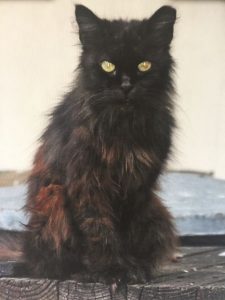
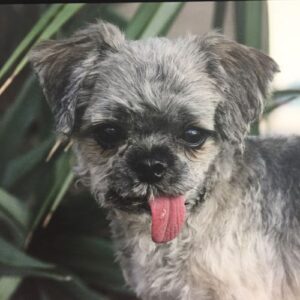
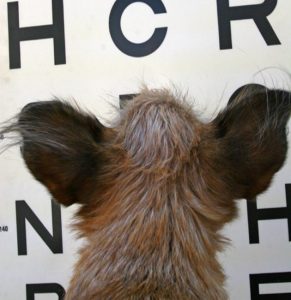

 Retinal dysplasia geographic or detached forms
Retinal dysplasia geographic or detached forms